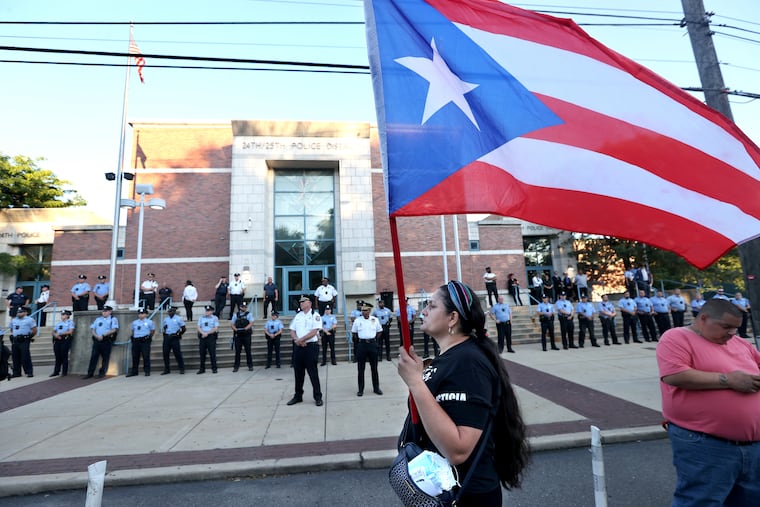ICE will maintain enforcement operations during the shutdown, while other areas of the immigration system may experience delays.
As the government shutdown continues, Immigration and Customs Enforcement (ICE) has announced that it will maintain its operations concerning immigration arrests and detentions. This development underscores ICE’s designation as an essential agency amid the ongoing federal funding impasse. While certain facets of the nation’s immigration system may experience delays depending on the specific agency or function involved, ICE’s commitment to its core responsibilities remains firm.
Under the Trump administration, securing immigration enforcement has been prioritized, with funding and human resources significantly allocated to bolster operational capabilities within ICE. The agency has articulated that the ongoing government shutdown will not alter U.S. immigration laws or border enforcement initiatives. ICE’s operations, including its enforcement efforts, are expected to continue uninterrupted, ensuring that measures to secure the U.S. border remain in effect.
U.S. Customs and Border Protection (CBP), which encompasses the Border Patrol, has also been identified as an essential service that will remain active during the shutdown. The Border Patrol is tasked with securing the land borders, particularly at points of entry where CBP officers conduct inspections to ensure legal compliance for travelers and goods entering the United States. These points of entry include seaports, airports, and various land crossings, all critical to maintaining border security.
The immigration court system remains functional, with facilities such as the Immigration Court in Philadelphia operating as usual. Individuals with pending cases in various jurisdictions can verify the operational status of their respective courts through the Executive Office for Immigration Review’s website. Reports indicate that all immigration courts were open as of Wednesday afternoon, suggesting a reduced impact from the shutdown compared to other federal agencies.
Experts in immigration policy have suggested that the system overall will be less affected by the shutdown than many other sectors of the federal government. They noted that the mass deportation initiatives, a hallmark of the previous administration, will likely continue unabated, possibly facing minimal disruptions even as other governmental functions come to a halt.
On the legal immigration front, U.S. Citizenship and Immigration Services (USCIS) is anticipated to remain operational, primarily financed through application filing fees rather than Congressional appropriations. However, the agency may still face complications due to the shutdown, particularly in obtaining necessary verifications from departments such as Labor. Furthermore, the E-Verify system, which assesses employment eligibility, relies on Congressional funding and its functionality during the shutdown remains uncertain.
As developments unfold, stakeholders and the public will be closely monitoring the impact of the current government shutdown on the immigration system and its various components.







